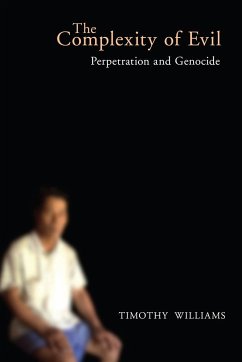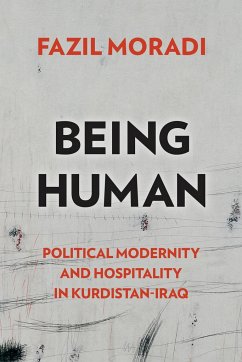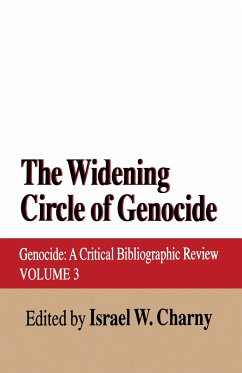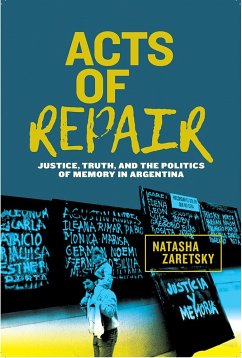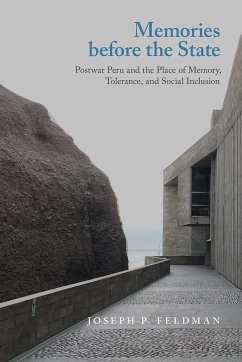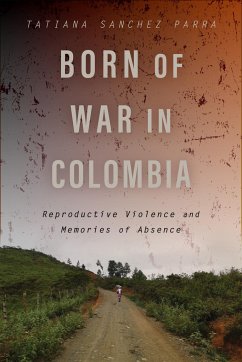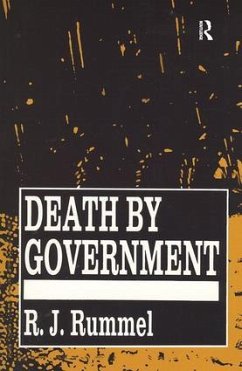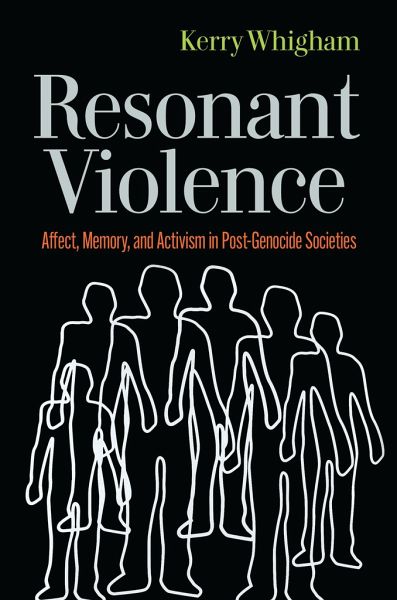
Resonant Violence
Affect, Memory, and Activism in Post-Genocide Societies
Versandkostenfrei!
Versandfertig in über 4 Wochen
145,99 €
inkl. MwSt.
Weitere Ausgaben:

PAYBACK Punkte
73 °P sammeln!
Resonant Violence explores both the enduring impacts of genocidal violence and the varied ways in which states and grassroots collectives respond to and transform this violence through memory practices and grassroots activism. By calling upon lessons from Germany, Poland, Argentina, and the Indigenous United States, Resonant Violence demonstrates how ordinary individuals come together to engage with a violent past to pave the way for a less violent future.




